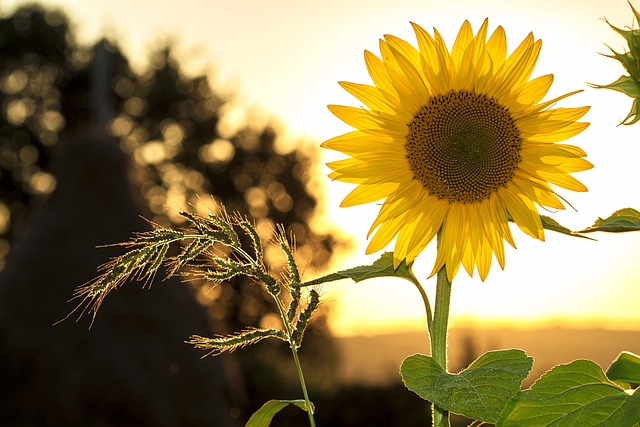Vaccination
Embracing Holistic Farming
In a world where conventional farming practices often rely on vaccinations to protect livestock, there are those who choose a different path - a holistic approach.
The Potential Harms and Risks of Vaccinations
While vaccinations have been a cornerstone of animal health management for decades, it is important to acknowledge that they are not without potential risks. Vaccines can sometimes cause adverse reactions in animals, such as localized inflammation, allergic reactions, or even the development of chronic conditions. These reactions can cause the over use of antibiotics and lead to antibiotic resistance and use of other medications in poultry. Additionally, the overuse or reliance on vaccines might contribute to the emergence of vaccine-resistant strains of pathogens, posing a long-term threat to poultry health.
SHEDDING
The shedding of vaccines in poultry refers to the release or excretion of vaccine components, such as weakened viruses or bacteria, from vaccinated birds into the environment. While it is said that vaccines play a crucial role in preventing and controlling diseases in poultry, there are concerns regarding the potential transmission of these vaccine strains to other birds.
When vaccinated birds shed vaccine strains, it is possible for other birds in the vicinity to come into contact with these strains. This contact could occur through direct bird-to-bird interaction or indirectly through shared environmental resources like water or feed. In some cases, the shed vaccine strains may cause mild or asymptomatic infections in non-vaccinated birds.
One of the main concerns regarding vaccine shedding is the potential for the vaccine strains to undergo genetic changes or recombination with other circulating viruses or bacteria. These genetic changes could lead to the emergence of new strains with unpredictable characteristics, potentially affecting the efficacy of future vaccines or causing disease outbreaks. Therefore, it is essential to closely monitor the circulation of vaccine strains in poultry populations and continuously assess their impact on non-vaccinated birds.
Another concern is the potential impact of vaccine shedding on wild bird populations. Wild birds can come into contact with vaccine strains when they share habitats or interact with vaccinated poultry. While the exact consequences of vaccine shedding on wild bird populations are still being studied, it is important to consider the potential ecological impact and understand the dynamics between vaccinated poultry and wild birds to minimize any negative effects.
To address these concerns, researchers and vaccine manufacturers claim to continually assess the safety and efficacy of vaccines used in poultry. They claim to work towards developing vaccines that minimize shedding and reduce the risk of transmission to non-vaccinated birds.
GENE POOL
When chickens are vaccinated, it is said it helps protect them from specific diseases by boosting their immune system. However, pathogens like viruses can change and become different strains over time. If a vaccinated group of chickens encounters a new strain that the vaccine doesn't protect against, the unvaccinated chickens may be more vulnerable to it.
In this situation, the new strain of the pathogen can put selective pressure on the unvaccinated chickens, potentially causing higher mortality rates or reduced fertility in those birds. To address this, breeders may choose to breed only from the vaccinated chickens that have shown better resistance to the diseases covered by the vaccine.
As a result, certain genetic traits associated with disease resistance become more common in the population, while others may be lost or reduced. Over time, this selective breeding for vaccine effectiveness can lead to a smaller gene pool among the chicken population. This reduction in genetic diversity can make the population less adaptable to new diseases or changes in the environment.
It's important to note that the reduction in genetic diversity is not directly caused by vaccinations, but rather by the breeding decisions made in response to the vaccine's effectiveness.

THE HOLISTIC FARMING APPROACH
1. Quality Feed and Nutrition:
We prioritize the use of quality feed to provide our chickens with the highest quality nutrition. By ensuring that our birds receive a balanced diet, we strengthen their immune systems and enable them to naturally resist diseases.
2. Clean and Stress-Free Environment:
A clean and stress-free environment plays a vital role in maintaining the health of our poultry. We focus on providing spacious and well-ventilated housing, minimizing exposure to pathogens and reducing stress levels. This approach promotes overall well-being and reduces the need for vaccinations.
3. Natural Preventive Measures:
We believe in the power of prevention. Our farm employs natural preventive measures such as regular health monitoring, proper hygiene practices, and the use of herbal supplements that support immune function. These measures act as a proactive defense against diseases, reducing the necessity for vaccinations.
4. Veterinary Oversight:
While we no longer vaccinate, we understand the importance of professional guidance. Our farm works closely with a dedicated veterinarian who oversees the health of our birds. Regular on site check-ups.
Choosing a holistic farming approach involves a careful consideration of the potential harms and risks associated with vaccinations. By prioritizing natural methods and a comprehensive care regimen, our farm aims to create a healthy and thriving environment for our poultry. We believe that this approach not only benefits our birds but also contributes to the sustainability and well-being of our farm as a whole.
In a world where the demand for organic and ethically raised products is rising, our commitment to holistic farming resonates with customers seeking transparency and a connection to the natural world. Through education and open dialogue, we hope to inspire others to explore alternative approaches that prioritize the health and well-being of livestock while embracing the wisdom of nature.
© Copyright Breezy Bird Farms